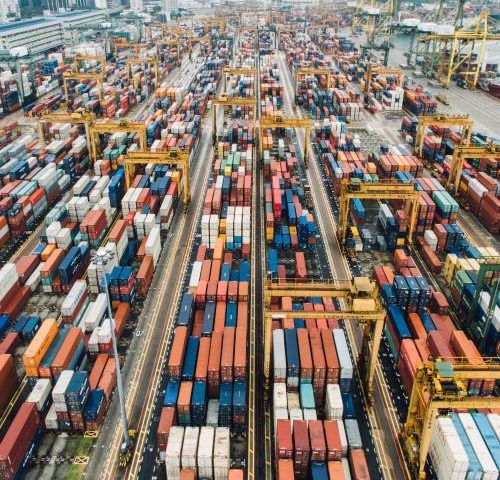
- BCC’s Trade Confidence Outlook for Q3 2024 shows a dip in SME exporters already poor performance on overseas sales.
- Under a quarter of exporting SME firms (22%) saw their overseas sales rise in Q3, compared to 27% in Q2.
- More than half of all SME exporters (54%) saw no change in overseas sales, and 24% reported a decrease.
- BCC’s SME export sales indicator has consistently underperformed compared to domestic sales indicators since the pandemic.
The Trade Confidence Outlook, conducted by the BCC’s Insights Unit, is a survey of just under 2,000 UK SME exporters.
It shows the percentage of SME exporters reporting increased exports has fallen back in Q3 by five percentage points after an uptick in Q2. Overall, 22% of SME exporters reported an increase in export sales, while 24% reported a decrease and 54% reported no change. The position for advance orders is even less optimistic with 19% of SMEs reporting an increase, 56% no change, and 25% a decrease. SME exporters are consistently more likely to report decreased exports compared to before the pandemic and Brexit.
In Q2 2018, only 14% of SME exporters reported a decrease in overseas sales, in Q3 2024 it stands at 24%.
By contrast, domestic demand for SME exporters remains consistently more buoyant, with 32% reporting an increase in domestic sales in Q3 2024, against 22% for overseas sales.
SME manufacturers are slightly more likely to report increased overseas sales, with 26% reporting a rise in exports. This compares to SME services exporters supplying end customers (B2C), where 20% saw an increase, while 20% of firms supplying services to other businesses (B2B) saw a rise.
However, the picture for advance orders showed no improvement, with 24% of SME manufacturers reporting an increase, 16% of B2C firms and 17% of B2B businesses.
William Bain, Head of Trade Policy at the BCC, said:
“While the UK economy made a brighter start in 2024, it’s an increasing concern that this is not translating into a better performance on exports for our SMEs.
“It’s also alarming that our research shows the services sector is experiencing a harder time than manufacturers, as it has been the UK success story since the pandemic. The Government’s forthcoming Trade Strategy needs to be laser focused on addressing the issues which are holding back exporters of both goods and services. There are some positive actions already underway. These include significant trade negotiations restarting, the UK’s imminent accession to the Pacific region’s largest trade bloc, more focus on digital trade and a commitment to an improved EU trading relationship. But business will want to work with Government at pace, to put in place a framework that makes use of all the UK’s advantages to unleash our exporting potential. The Government’s recent announcement of a new supply chain taskforce, to increase resilience, is also an essential step.”
More info: www.britishchambers.org




